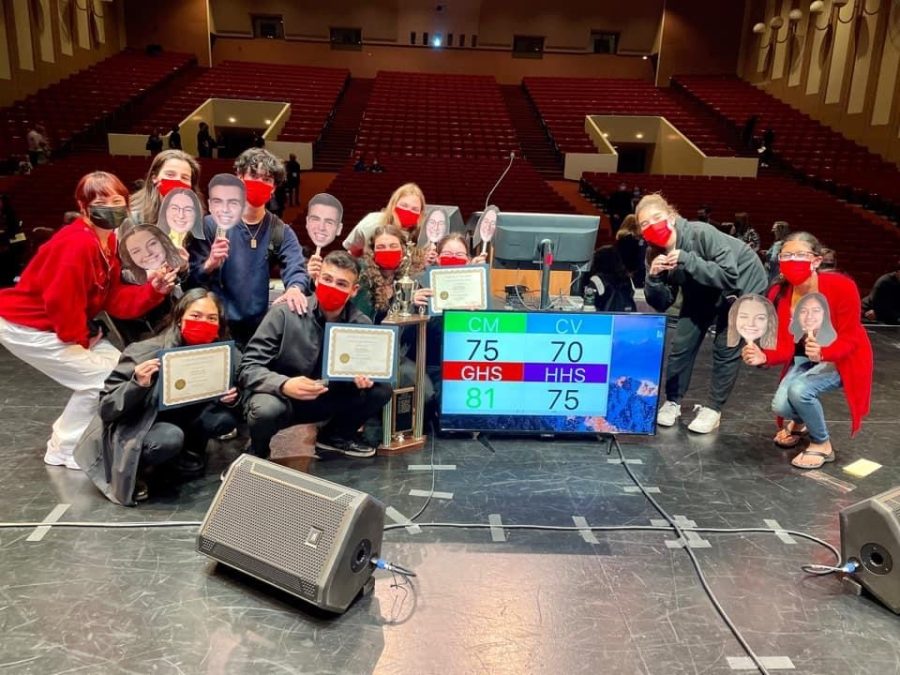 Recently, Netflix released the new streaming series, Emily in Paris, starring Lily Collins. The show follows Emily Cooper, a young marketing executive, who moves to Paris to offer a French marketing firm an American perspective. Throughout the season, Emily attempts to adjust to the Parisian way of life, to prove herself to her disapproving French boss, and to find love in the most clichéd manner. The show is overall pleasant and lighthearted, and I don’t regret watching it, though it is certainly not perfect.
Recently, Netflix released the new streaming series, Emily in Paris, starring Lily Collins. The show follows Emily Cooper, a young marketing executive, who moves to Paris to offer a French marketing firm an American perspective. Throughout the season, Emily attempts to adjust to the Parisian way of life, to prove herself to her disapproving French boss, and to find love in the most clichéd manner. The show is overall pleasant and lighthearted, and I don’t regret watching it, though it is certainly not perfect.
Overall, Emily is an endearing character. Lily Collins does an amazing job in her portrayal of her. There is a trend with drama show main characters often having little personality or depth, and being incredibly selfish. Thankfully, all of the main characters, including Emily, have sufficient depth. It is nice to see Emily being faced with internal issues, as well as just external ones.
The show does a good job building friendships, with Emily’s persistence helping her to fit in with her coworkers. Additionally, it portrays healthy female friendships, something drama shows often fail to do. Typically, a drama will create animosity between women over a man, or even create one-sided friendships with side characters always catering to the main character’s emotions, while they get little support in return. I am happy to say that this is not the case for Emily in Paris, as the show successfully builds healthy, supportive friendships, even despite an overdramatic love triangle.
However, the most interesting relationship portrayed in the show is the one that Emily has with her boss, Sylvie. Their strained relationship is one of the most entertaining and the single best-developed one on the entire show. Unlike her other coworkers, Sylvie takes much more time to warm up to her, as Emily reminds her of herself when she was younger. In many ways, there are parallels between both of their lives throughout the show, and overall, this concept is very well-written and well-executed.
Despite these great aspects, the love triangle of the show is incredibly clichéd and predictable. Emily’s ultimate love interest, Gabriel, although very charming in the beginning, ends up being pretty unlikable. Even despite his character, it is painful to watch them being forced together when Emily has much more chemistry with his girlfriend, Camille, the third part of the love triangle. Overall, Emily and Gabriel’s complicated relationship is alright in the beginning, but as the show progresses, their mutual attraction ends up feeling forced.
Most importantly, however, the show’s perspective is a little annoying. It’s all about this oh-so-great young American coming to Paris and “saving” this marketing firm through her new ideas about social media, something that the French are so clearly in desperate need of. It plays into this annoying American narrative, that we need to sweep in and save foreigners, because we’re just the greatest and that we simply must spread our ideas everywhere. The show is a bit ignorant in that sense but hey, popular American shows have to promote American propaganda as they have large audiences. It is what it is.
Emily in Paris does have its faults, but overall it is a show that is worth watching. This is because it does achieve its ultimate purpose, which is to entertain. Sure, the drama may be clichéd, but some of these things don’t get old. The charm in these tropes is that they are familiar and entertaining, regardless of overuse.












